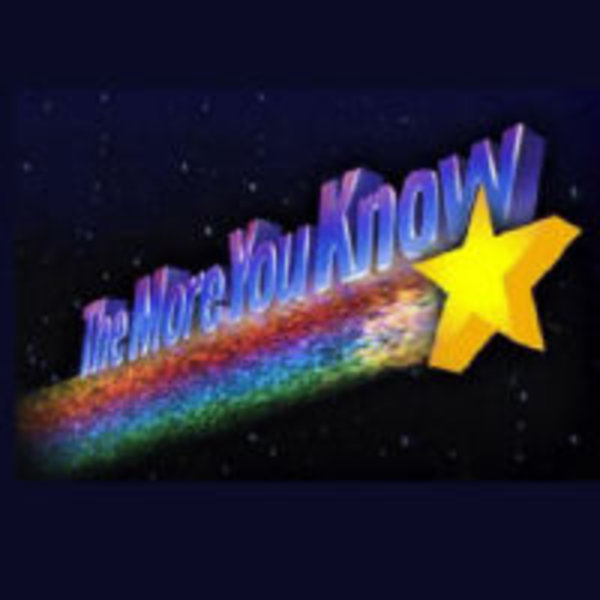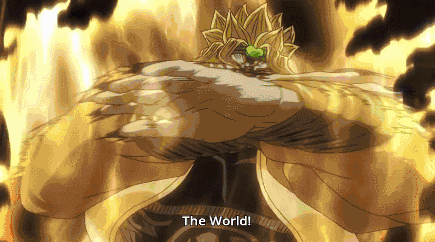Oh wow. That’s interesting. That’s surprising for even two of those, let alone all three. I had noticed the notch on top of 良 before but thought nothing of it.

Oh wow. That’s interesting. That’s surprising for even two of those, let alone all three. I had noticed the notch on top of 良 before but thought nothing of it.

Yeah, even when there’s a notch they’re not necessarily the same. The part in 食 is not based on 良. Its original elements are actually closer to the upper right part of 退. It’s all a mess.
I’m not sure I’d say it’s my favourite, but I just found this kanji, and instantly really liked it:
壺 (つぼ)
It means jar, pot, or vase, but my favourite is the vase meaning since it really does look like an eccentric looking vase with some sort of greenery sticking out of it.
努
Without a doubt, due to its mnemonic: おんなのマタのちから
The kanji is composed of three parts (女 又 力) … But また (又) is also the reading for the kanji 股 meaning crotch, or thigh. So onna no mata no chikara means “the strength of a woman’s thighs”. That’s a mnemonic I’ll never forget.
The original history of it is fairly easy to grasp as well. 力 is the semantic component, and 奴 was used as the phonetic element, for its reading of ど, but 奴’s meaning of servant or slave works nicely for the overall meaning too.
Oh oh oh! My favourite is 世 (せい) It has lovely sticks on it but this isn’t my most important reason.
My most important reason is:

It’s just… Whenever I see this kanji someone shout in my head as ‘ZA WARUDO’ so I find it funny.
I don’t know my favorite but I learned 識 on this level and it was just super fun to write !!
参
It looks like Santa, it reads like Santa, and it’s a huge troll with its carrot vocab. What’s not to love?
Probably either 学 or 毎. They’re not super complex or anything, I just find that they look aesthetically pleasing when I hand-write them.
I recently found the kanji 欒 in a story and it’s become my current favourite, it appears in the name of the goldenrain tree, but also has the meaning of “sitting in a circle harmoniously” in the word 団欒. Super pretty both in form and meanings.
繭 is also really nice and was my previous favourite, I love how its radicals relate to the meaning (cocoon).
官
It means “official”, as in a person who conducts official business. It started out as a pictogram of a butt under a roof, because officials/bureaucrats sit on their bums indoors all day ![]()
華 – (華やか) – I love how the Kanji looks, and I love the meaning of it. Fancy flower with glitz!
My favorite kanji is 冬 (fuyu: winter). Being that I live in a really snowy area, winter is always nostalgic for me. Seeing this Kanji reminds me of nights by the fireplace watching the snow fall!
Samesies! I like the line angles together and especially the bottom two remind me of a chilly wind blowing outside.
I also like 雪 (ゆき, snow) in large part for the association. I do like that the 雨/rain top portion seems to have the drops end up a little more horizontal than just the straight up 雨 kanji, which makes it look like it’s just slowly floating down like fluffy snowpoffs.
For both, I think also that because they’re common kanji that tend to be learned earlier, maybe the thrill of seeing them in the wild and recognizing them pretty early on stuck with me too. It’s always fun to get a first wild sighting of a kanji, but it’s just so extra magical in the beginning. Plus you get to just use them and even non-Wanikanians who know some Japanese tend to know them.
God I’m so ready for fall and winter… it’s barely June right now… ![]()
I’ve always been exceedingly partial to the two kanji 珈琲 for coffee. I think the jade 玉 radical is elegant and the word is evocative of a kind of laid back old school Japanese coffee shop that I’ve love going to in Tokyo and Taipei. I’ve used it when writing menus in Chinese, even though the Chinese is 咖啡 (ka fei). 珈琲 is jia bei in Mandarin and something like ga bwi in Taiwanese, but people recognize it as being “coffee”.
Nobody mentioned 亀?
It means “turtle”, it looks like a turtle, and it is also the symbol of the school I wish I had attended.
I think the traditional form looks cuter, though: 龜
虫 … Being German, I’m always kind of grossed out by the pictures the combination of the reading and the meaning produces in my head… No, I won’t explain that further.
I like 山. Hand-written it usually is even nicer.
This topic was automatically closed 365 days after the last reply. New replies are no longer allowed.